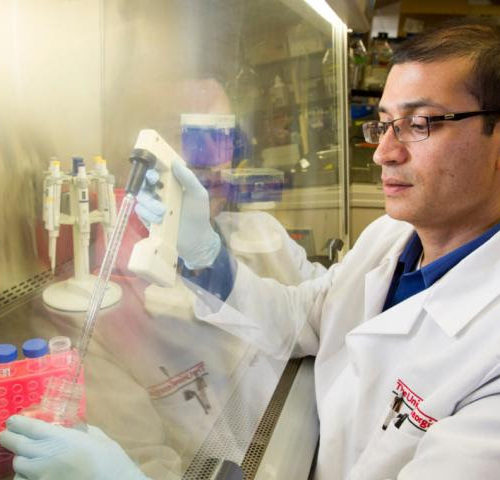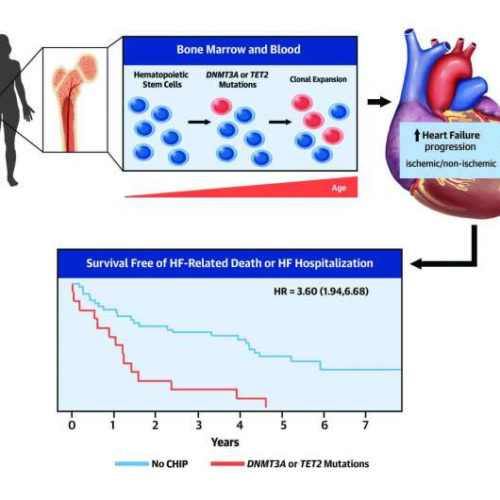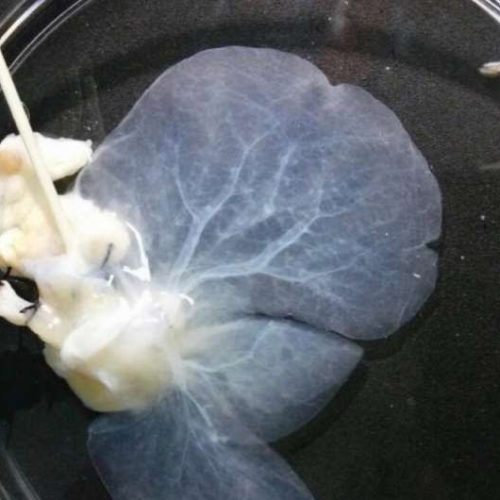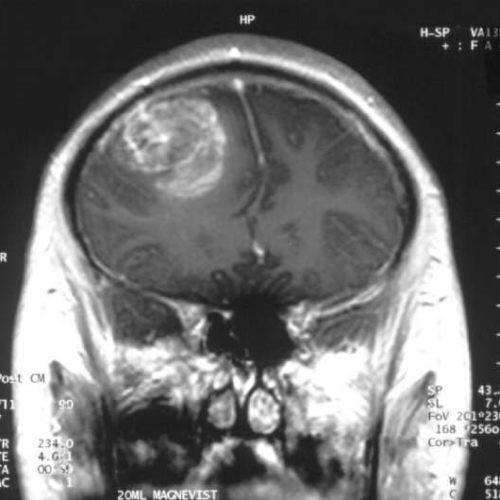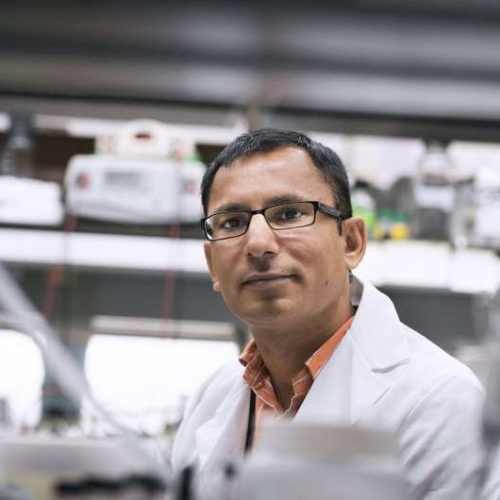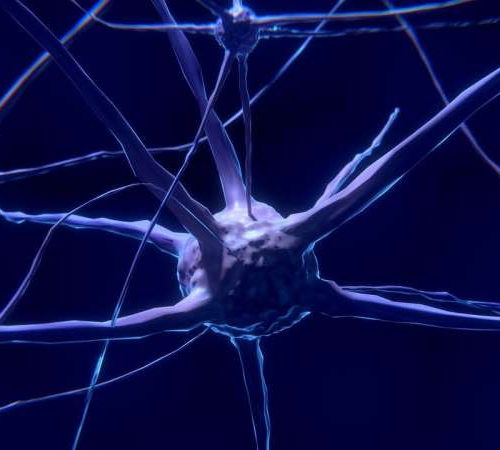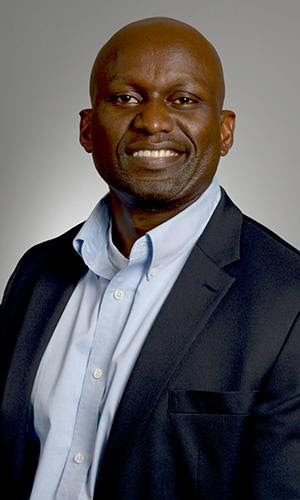UNIVERSITY OF GEORGIA IMAGE: LOHITASH KARUMBAIAH AT WORK IN HIS LAB. CREDIT: UNIVERSITY OF GEORGIA At a cost of $38 billion a year, an estimated 5.3 million people are living with a permanent disability related to traumatic brain injury in the United States today, according to the Centers for Disease Control and Prevention. The physical,...
Identified: Mutations in blood cells that accelerate heart failure progression
by Centro Nacional de Investigaciones Cardiovasculares Carlos III (F.S.P.) Aging is associated with a higher frequency of somatic mutations that drive clonal hematopoiesis, particularly mutations in DNMT3A and TET2, which, in the presence of HF with reduced LVEF, result in accelerated progression of the disease in terms of HF-related mortality and acute HF decompensations leading...
A technique to produce transplantable livers in the laboratory
by FAPESP Extracellular matrix of a decellularized liver. Credit: HUG-CELL/USP Researchers at the Human Genome and Stem Cell Research Center (HUG-CELL), hosted by the University of São Paulo’s Institute of Biosciences (IB-USP) in Brazil, have developed a technique to reconstruct and produce livers in the laboratory. The proof-of-concept study was conducted with rat livers. In the...
Protein variant may have potential as target for glioblastoma
by Melissa Rohman, Northwestern University Gliobastoma (astrocytoma) WHO grade IV – MRI coronal view, post contrast. 15 year old boy. Credit: Christaras A/ Wikipedia. Inhibiting a novel protein variant within glioma stem cells may be a promising therapeutic approach to treat glioblastoma, according to a Northwestern Medicine study published in Nature Cell Biology. “With this study, we...
Cancer discovery could revive failed treatments for solid tumors
by Josh Barney, University of Virginia Research from UVA’s Jogender Tushir-Singh explains why antibody approaches effectively killed cancer tumors in lab tests but proved ineffective in people. Credit: Dan Addison, University Communications New research from the UVA Cancer Center could rescue once-promising immunotherapies for treating solid cancer tumors, such as ovarian, colon and triple-negative breast cancer, that ultimately failed...
Brain cells decide on their own when to release pleasure hormone
by NYU Langone Health Credit: Pixabay/CC0 Public Domain In addition to smoothing out wrinkles, researchers have found that the drug Botox can reveal the inner workings of the brain. A new study used it to show that feedback from individual nerve cells controls the release of dopamine, a chemical messenger involved in motivation, memory, and movement. Such “self-regulation,”...
Groundbreaking implant wirelessly relays brain signals in high fidelity
By Nick Lavars, April 06, 2021 Devices that monitor electrical activity in the human brain could prove to be powerful tools for sufferers of paralysis adamfaheydesigns/DepositphotosVIEW 3 IMAGES Machines that connect to the human brain to gather and interpret its electrical signals have wide-ranging potential, from enabling paralyzed people control over robotic prostheses to supplementing human...
Doctors eye new drug that could end the monthly agony for women with endometriosis… without the side-effects
By RACHEL ELLIS FOR THE DAILY MAIL For tens of thousands of women, a diagnosis of endometriosis means a life of debilitating pain. Despite it affecting one woman in ten in the UK, from teenagers through to middle age, treatment options remain limited. There is no cure and the available treatments often have significant side-effects, affecting...
More Than 4,000 Blood Tests Suggest Our Bodies Age in 3 Distinct Shifts
DAVID NIELD, 6 APRIL 2021 In terms of biological aging, the body seems to shift gears three times during our lifespans, research from 2019 suggests – with 34 years, 60 years, and 78 years being the key thresholds. In other words, there’s evidence that aging isn’t one long, continuous process that moves at the same speed throughout...
Understanding how cancer can relapse
UNIVERSITY OF MISSOURI-COLUMBIA IMAGE: YVES CHABU CREDIT: UNIVERSITY OF MISSOURI In the fight against cancers, activating mutations in the RAS family of genes stand in the way of finding viable treatment options. Now, scientists at the University of Missouri and Yale University have discovered that one of these mutations — oncogenic RAS or RASV12 —...

